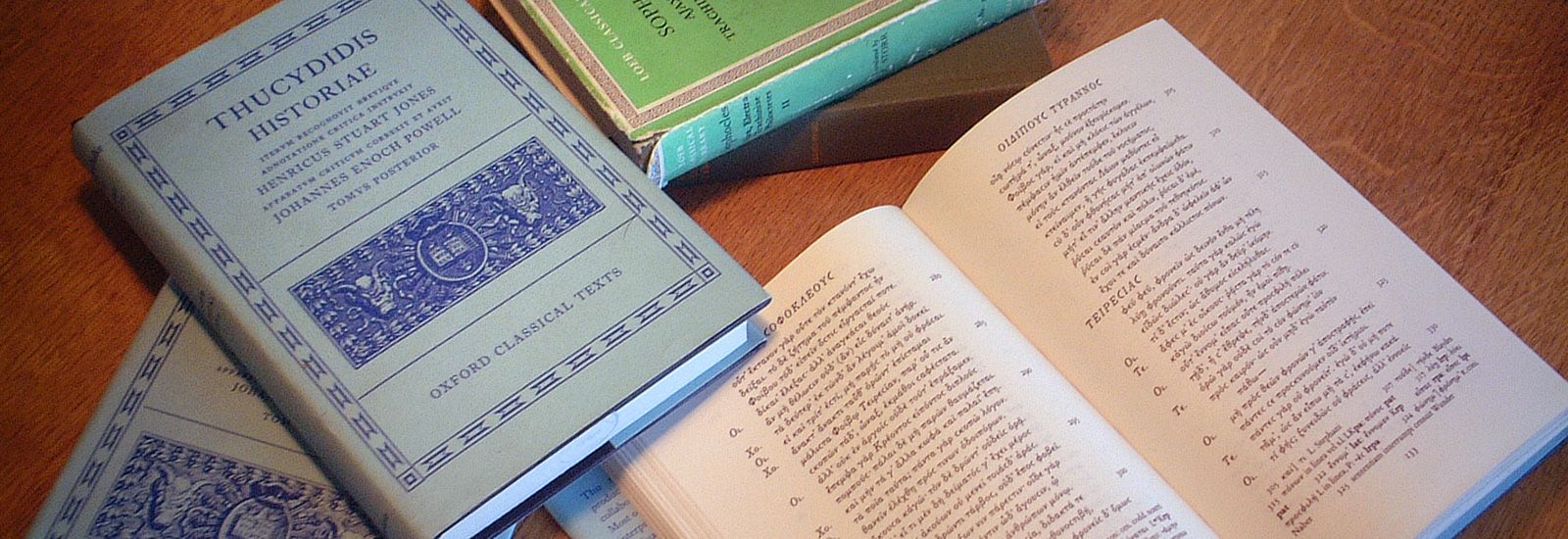
How to write a research proposal
Drafting your first research proposal can be intimidating if you’ve never written (or seen) one before. Our grad students and admissions staff have some advice on making a start.
Before you make a start
Is it a requirement for your course?
For some research courses in sciences you’ll join an existing research group so you don’t need to write a full research proposal, just a list of the groups and/or supervisors you want to work with. You might be asked to write a personal statement instead, giving your research interests and experience.
Still, for many of our research courses — especially in humanities and social sciences — your research proposal is one of the most significant parts of your application. Grades and other evidence of your academic ability and potential are important, but even if you’re academically outstanding you’ll need to show you’re a good match for the department’s staff expertise and research interests. Every course page on the University website has detailed information on what you’ll need to send with your application, so make sure that’s your first step before you continue:
There are many ways to start, I’ve heard stories about people approaching it totally differently.
Yannis (DPhil in Computer Science)
How to begin?
There isn’t one right way to start writing a research proposal. First of all, make sure you’ve read your course page - it’ll have instructions for what to include in your research proposal (as well as anything to avoid), how your department will assess it, and the required word count.
Start small, think big
A research degree is a big undertaking, and it’s normal to feel a bit overwhelmed at first. One way to start writing is to look back at the work you’ve already done. How does your proposed research build on this, and the other research in the area? One of the most important things you’ll be showing through your research project is that your project is achievable in the time available for your course, and that you’ve got (or know how you’ll get) the right skills and experience to pull off your plan.
They don’t expect you to be the expert, you just have to have good ideas. Be willing to challenge things and do something new.
Rebecca (DPhil in Medieval and Modern Languages)
However, you don’t have to know everything - after all, you haven’t started yet! When reading your proposal, your department will be looking at the potential and originality of your research, and whether you have a solid understanding of the topic you’ve chosen.
But why Oxford?
An Admissions Officer at one of our colleges says that it’s important to explain why you’re applying to Oxford, and to your department in particular:
“Really, this is all dependent on a department. Look at the department in depth, and look at what they offer — how is it in line with your interests?”
Think about what you need to successfully execute your research plans and explain how Oxford’s academic facilities and community will support your work. Should I email a potential supervisor? Got an idea? If your course page says it’s alright to contact a supervisor (check the top of the How to apply section), it’s a good idea to get in touch with potential supervisors when you come to write your proposal.
You’re allowed to reach out to academics that you might be interested in supervising you. They can tell you if your research is something that we can support here, and how, and give you ideas.
Admissions Officer
You’ll find more information about the academics working in your area on your department’s website (follow the department links on your course page). John (DPhil in Earth Sciences) emailed a professor who had the same research interests as he did.
“Luckily enough, he replied the next day and was keen to support me in the application.”
These discussions might help you to refine your ideas and your research proposal.
Layal says, “I discussed ideas with my supervisor — what’s feasible, what would be interesting. He supported me a lot with that, and I went away and wrote it.”
It’s also an opportunity to find out more about the programme and the department:
“Getting in touch with people who are here is a really good way to ask questions.”
Not sure how to find a potential supervisor for your research? Visit our How-to guide on finding a supervisor.
Asking for help
My supervisors helped me with my research proposal, which is great. You don’t expect that, but they were really helpful prior to my application.
Nyree (DPhil in Archaeological Science)
Don’t be afraid to ask for advice and feedback as you go. For example, you could reach out to a supervisor from your current or previous degree, or to friends who are also studying and could give you some honest feedback.
More help with your application
You can find instructions for the supporting documents you’ll need to include in your application on your course page and in the Application Guide.